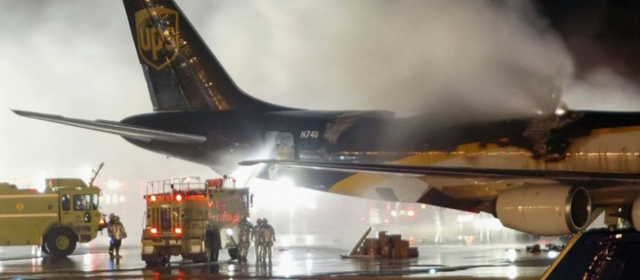
Many Australian manufacturers and importers of low volume products and spare parts have flown under the radar in respect of freight rules for lithium batteries. It is our expectation that the loop holes used by ‘pragmatic’ suppliers of lithium cells and packs will soon be closed. At the very least the greater attention to enforcement will make people think twice. Airlines and freight companies are already starting to simply refuse carriage and you can’t blame them with 11 fire incidents for Lithium cells reported to FAA in 2014 alone. It is possible many customers may be unaware of the tricks pulled by their suppliers to get uncertified batteries into Australia. Nearly all lithium batteries require certification to be transported.
Recently the International Civil Aviation Organization (ICAO) narrowly voted to allow the continued shipment of Lithium cells on passenger planes. But already Qantas Freight and Cathay Pacific is no longer accepting bulk Lithium Ion cells (UN3480) even on freight only planes.
There is no easy out. Even sea freight requires the correct approvals such as UN38.3. That leaves road and rail which isn’t much use to Australian and New Zealand companies.
When designing equipment it is essential that the battery requirements are planned carefully at the start to allow for freight. Early product decisions like whether to hardware the cells into a product, what circuitry to put in the pack and if the packs should be divided into smaller ones all need to take into account the ability to certify for transport. Talk to us and we can share our experience with gaining UN38.3 and IATA approvals.

Leave a Reply